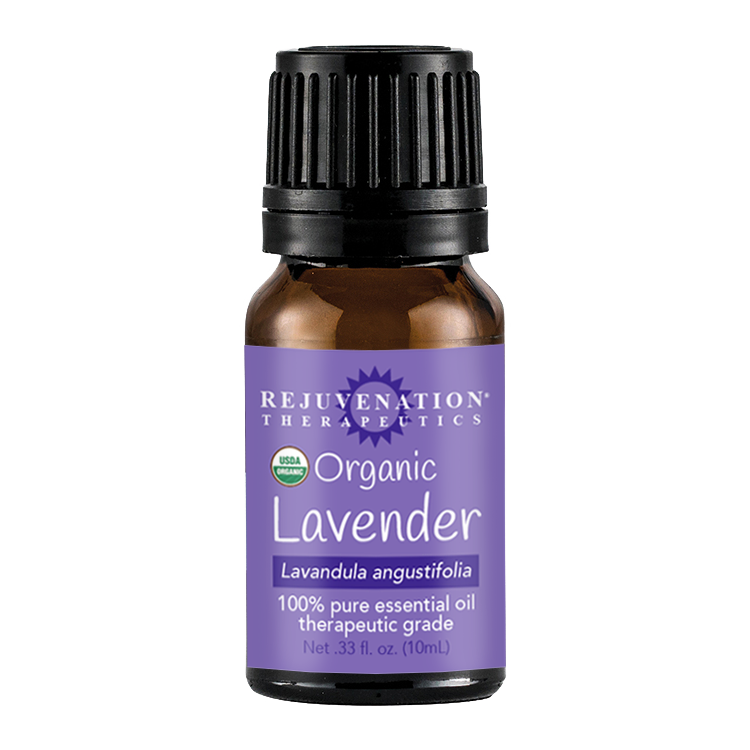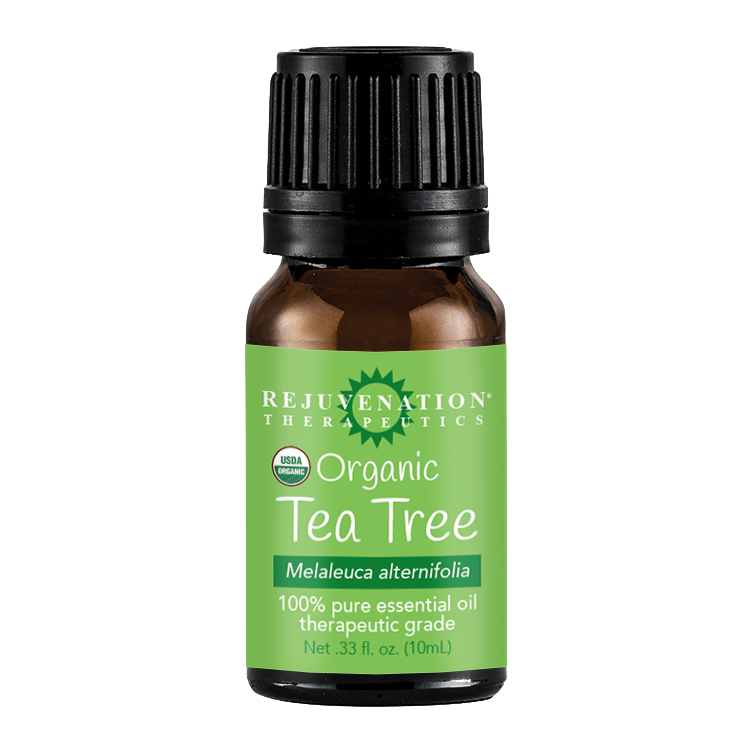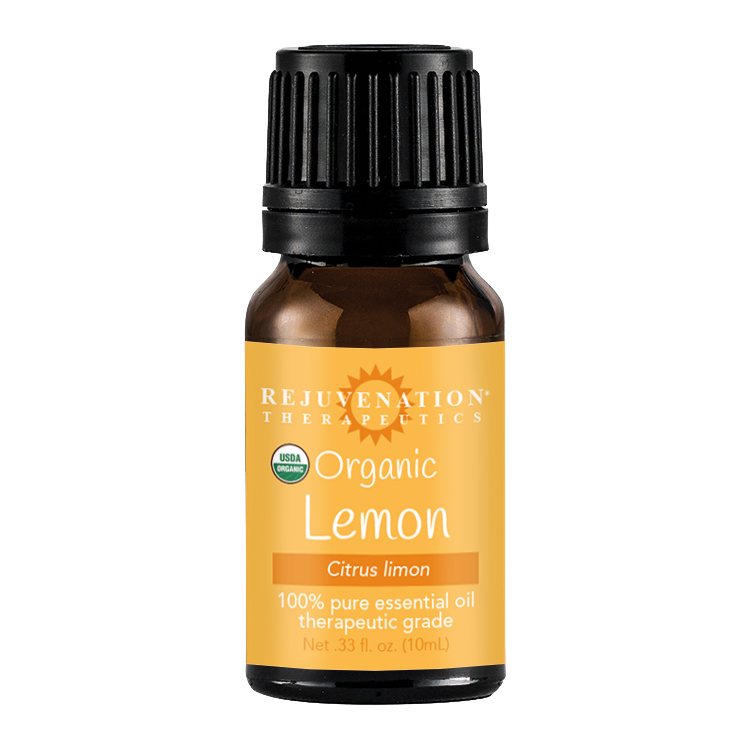Sold Out. More Coming Soon! $11.95
![]() Free Shipping on All Orders $50 or More!
Free Shipping on All Orders $50 or More!
Rosemary is native to the Mediterranean region and has been used for medicinal and culinary purposes since ancient times.*
Directions: Diffuse Rosemary essential oil in the air to create a stimulating, focused atmosphere.* It can also be added to lotions or your favorite carrier oil at a maximum 4% dilution. We recommend Organic Jojoba oil as a carrier oil because it is most similar to our skin’s natural oil.* To avoid oxidation, store in a dark, airtight container in a cool location.
Common uses of Rosemary EO:
Cautions: Please note that oils high in 1,8-cenole can cause Central Nervous System and breathing problems in children and pets. Do not use on children or pets, and do not diffuse when children or pets are nearby. Always use diluted (max. 4% dilution). The International Federation of Aromatherapists does not recommend that Essential Oils be taken internally unless under the supervision of a Medical Doctor who is also qualified in clinical Aromatherapy. All cautions listed for individual oils do not include cautions when ingested. *
Write a Review

$11.95
Organic Lavender Essential Oil is commonly used to uplift the spirit and provide a calming environment,...

$11.95
Common uses of Tea Tree Essential Oil:
Organic Tea Tree Essential Oil
10ml
Item# RTX-TTO-EO-2019
Tea Tree essential oil is extracted from the leaves of an Australian plant named Melaleuca alternifolia. It possesses antiseptic properties and has been widely used in Australian culture by aboriginal natives as a traditional medicine for more than 100 years. Tea Tree oil contains various therapeutic compounds such as terpene hydrocarbons, monoterpenes, and sesquiterpenes. Terpinen-4-ol and alpha-terpineol are the most prominent active compounds among the other therapeutic compounds in this tea tree essential oil. These compounds impart antibacterial and antifungal properties.1
Tea Tree essential oil is collected using steam distillation and contains volatile hydrocarbons. These hydrocarbons convey a soothing aroma and can travel through the air, inside skin pores, and mucous membranes. This essential oil is applied as a topical solution to fight infections and as a soothing balm for your skin.
Acts as an antimicrobial agent
A scientific review article published in Clinical Microbiology Reviews demonstrates that tea tree oil has antibacterial, antifungal, and antiviral properties.1 This tea tree oil has been shown to fight against antibiotic-resistant bacterial strains, especially methicillin-resistant Staphylococcus aureus (MRSA).2
Studies have also shown that tea tree oil is effective against Pseudomonas aeruginosa, Escherichia coli, Streptococcus pyogenes, and Streptococcus pneumoniae.1 The mechanism behind the antimicrobial properties of tea tree essential oil was studied by various researchers and they summarized that tea tree oil permeabilizes model liposomal systems. The other mechanism of action includes a loss of intracellular material due to microbial cell disruption, unstabilized homeostasis, and inhibition of bacterial cells’ respiration after application of tea tree oil.
Topical application helps ease skin irritation
Tea Tree essential oil is found to soothe skin irritations by reducing inflammation, skin infections, and wounds. In a pilot study, it was found that after application of tea tree oil the wound started to heal and the size of the wound was reduced.2
Various human and animal studies performed with tea tree oil concluded that it may help in reducing the severity of contact dermatitis symptoms. Tea tree oil has been found to reduce the symptoms by as much as 40%, which is significantly higher in comparison to standard medications applied to the skin.3
Helps reduce skin inflammation
Tea Tree essential oil possesses antibacterial and anti-inflammatory properties. These properties help Tea Tree oil to reduce the amount and severity of skin inflammation.
Research studies demonstrate that Tea Tree Essential Oil helps in reducing inflammation by triggering the activity of white blood cells and thus expediting the healing process.4,5
In a pilot study conducted in Australia, the efficacy of a tea tree oil gel and a normal face wash (which does not contain tea tree oil as an ingredient) were compared for the treatment of mild to moderate facial acne. One group of participants applied the tea tree oil gel twice a day for 12 consecutive weeks and the other group applied normal face wash. The group using the tea tree oil gel found a lesser amount of acne lesions at the end of the study compared to the control group.6
Another research study found that the application of 5% tea tree gel on acne lesions reduced the number of lesions three times more than with a placebo. It is six times more effective in decreasing the severity of acne lesions compared to a placebo.7
Our Tea Tree essential oil is USDA certified organic, 100% pure therapeutic grade, and comes in a 10 mL opaque container to preserve light-sensitive bioactive compounds.
If you are looking to purify and cleanse your skin using natural remedies, Tea Tree oil is a great option for you. Dilute 2% Tea Tree essential oil in 1:1 white vinegar and water and use as a natural cleansing spray.
Tea Tree oil has enormous potential in aesthetics. You may dilute it (maximum 5%) with a carrier oil (preferably with jojoba oil as it’s similar to skin’s natural oil) and use the mixture as a lotion on your skin or on your scalp.
These statements have not been evaluated by the Food and Drug Administration. This product is not intended to diagnose, treat, cure, or prevent any disease.
References

Sold Out. More Coming Soon! $11.95
Organic Lemon Essential Oil contains antibacterial, antioxidant and anti-inflammatory properties, so it can provide a...
Copyright
© 2026
Rejuvenation Therapeutics
* These statements have not been evaluated by the Food and Drug Administration. These products are not intended to diagnose, treat, cure, or prevent any disease.
